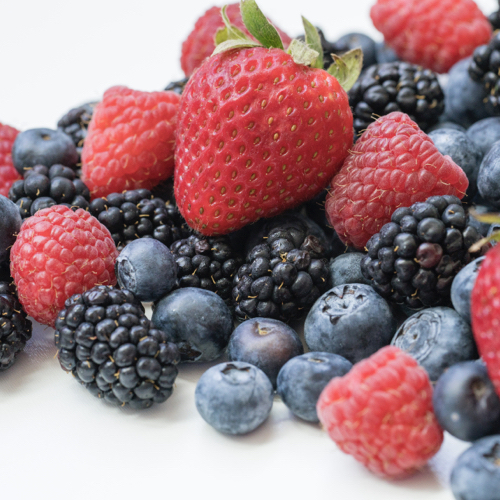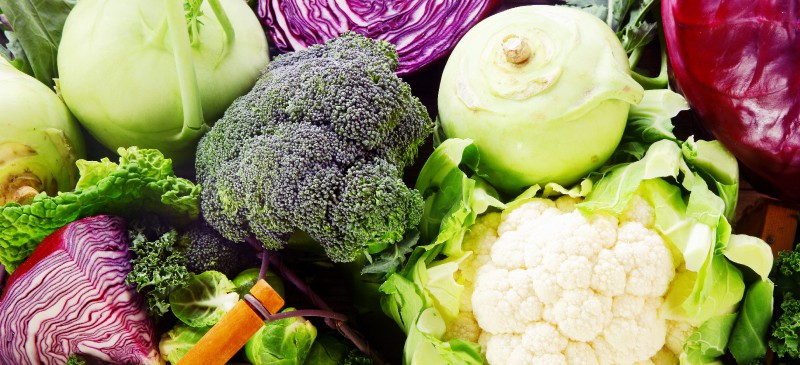This article looks at the best cancer-fighting foods and explains the science that supports these claims.
Foods that contain naturally occurring compounds that have potent anticancer properties include:
Apples

Apples contain anticancer properties that may also help prevent inflammation, cardiovascular disease, and infections.
The phrase “an apple a day keeps the doctor away” actually rings fairly true. Apples contain polyphenols that have promising anticancer properties.
Polyphenols are plant-based compounds that may prevent inflammation, cardiovascular disease, and infections.
Some research suggests that polyphenols possess anticancer and tumor-fighting properties.
For example, the polyphenol phloretin inhibits a protein called glucose transporter 2 (GLUT2) plays a role in advanced-stage cell growth in certain types of cancer.
One study from 2018 in the Journal of Food and Drug Analysis suggests that apple phloretin significantly inhibits the growth of breast cancer cells, while not affecting normal cells.
Berries

Berries are rich in vitamins, minerals, and dietary fibers. Scientists have shown a lot of interest in berries due to their antioxidant properties and potential health benefits.
One study shows that anthocyanin, which is a compound in blackberries, lowers biomarkers for colon cancer.
Another study demonstrates that the anti-inflammatory effects of blueberries can prevent the growth of breast cancer tumors in mice.
Cruciferous vegetables

Cruciferous vegetables, such as broccoli, cauliflower, and kale, contain beneficial nutrients, including vitamin C, vitamin K, and manganese.
Cruciferous vegetables also contain sulforaphane, a plant compound with anticancer properties.
One study shows that sulforaphane significantly inhibits cancer cell growth and stimulates cell death in colon cancer cells.
Another study shows that sulforaphane in combination with genistein, a compound in soybeans, can significantly inhibit breast cancer tumor development and size. Sulforaphane also inhibits histone deacetylase, an enzyme with links to cancer development.
One review recommends 3 to 5 servings of cruciferous vegetables per week for the best cancer-preventive effects.
Carrots

Carrots contain high amounts of beta-carotene, which may prevent certain types of cancer.
Carrots contain several essential nutrients including vitamin K, vitamin A, and antioxidants.
Carrots also contain high amounts of beta-carotene, which is responsible for the distinct orange color.
Recent studies reveal that beta-carotene plays a vital role in supporting the immune system and may prevent certain types of cancer.
A review of eight studies shows that beta-carotene has links to a reduction in the risk of breast and prostate cancer.
Another analysis shows that higher consumption of carrots results in a 26 percent lower risk of developing stomach cancer.
[“source=medicalnewstoday”]
